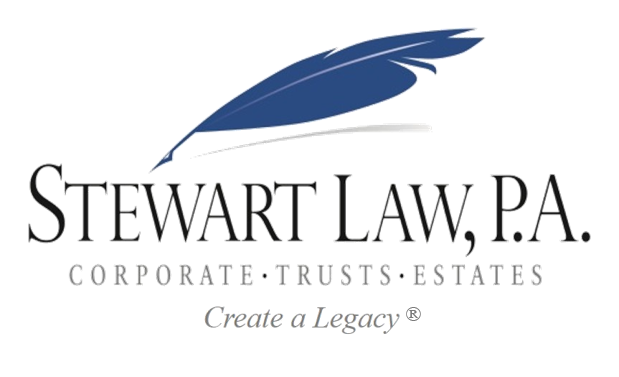We receive more calls these days from clients who have parents, spouses or other loved ones dealing with temporary and permanent incapacity. In cases where the individual does not have an updated estate plan, these can be challenging. There are court-supervised processes that enable appointed individuals to act on behalf of incapacitated persons. The problems with these proceedings are many. First, the initial part, determining incapacity, can be trying as it is a public process designed to protect the individual who may be incapacitated. Normally multiple attorneys are involved to represent all the parties and interests in the case. In addition, […]
Read More
Divorce is detrimental in a number of emotional and financial ways and court cases continue to add to the list. The key question in a recent case was whether a person’s interest in his ex-spouse’s retirement accounts (e.g., through Qualified Domestic Relations Orders or QDROs) are protected as “retirement funds” under the federal bankruptcy code. This court again decided they are not protected. One message is that even though ERISA plans can provide certain bankruptcy protection for “participants” of retirement plans, this is not necessarily extended to alternate payees, such as beneficiaries who inherit them or ex-spouses. Planning Point: In […]
Read More
The U.S. Supreme Court recently handed down an important decision declaring North Carolina’s taxation of certain trusts unconstitutional. The name of the case is: NC Department of Revenue v. Kimberley Rice Kaestner 1992 Family Trust. If you are a beneficiary of an out-of-state trust that was subject to taxation merely because a portion of the trust income was “for the benefit of” a North Carolina resident, then this decision likely impacts you, or at least the trust of which you are a beneficiary. In essence, the U.S. Supreme Court said that merely having a beneficiary in this state does not […]
Read More
By Todd A. Stewart, Founding Partner On May 20, 2019, I was in a program with author Kevin W. McCarthy where he talked about his book, Chief Leadership Officer: Increasing Wealth So Everyone Profits. Many good takeaways and I particularly like the idea of aligning your three bottom lines: Financial, People and Purpose. If you want more information, the website is: http://chiefleadershipofficer.com/. *Intended as general guidance only and not as legal advice.
Read More
Want to pass more wealth to grandchildren? An idea to consider while exemption amounts are high for estate tax and Generation Skipping Transfer (GST) tax is to protect old trusts from the application of the GST tax that can take a big portion of a trust’s assets before they pass to a skip person, like a grandchild. A common example of such a trust is an Irrevocable Life Insurance Trust (ILIT) that was set up when exemption amounts were lower. Since the exemption amounts were not as generous, the advisors may not have recommended using “precious” exemption amounts to protect […]
Read More
Many of our clients who come in to prepare or update their Will ultimately decide to include a Revocable Living Trust (RLT) in their estate plan after learning about the benefits it can provide. These benefits include privacy, avoiding or reducing probate fees and delays, and aiding in the management of their assets during periods of incapacity. If you decide to implement an RLT, you’ll want to fund it by moving assets to it after it’s in place. For an RLT, which is the type of trust that operates as kind of a “Super Will,” you should be adding other […]
Read More






